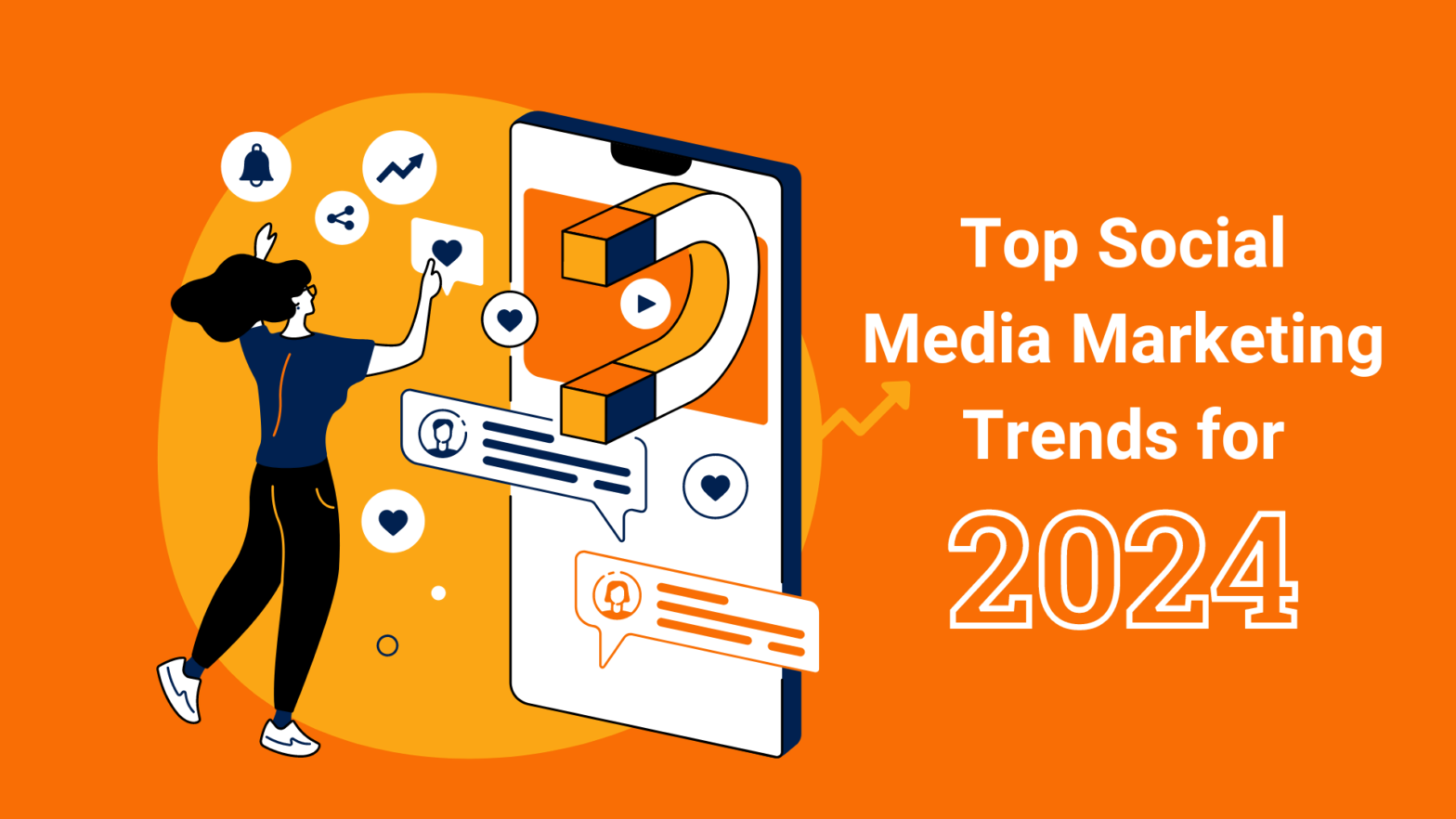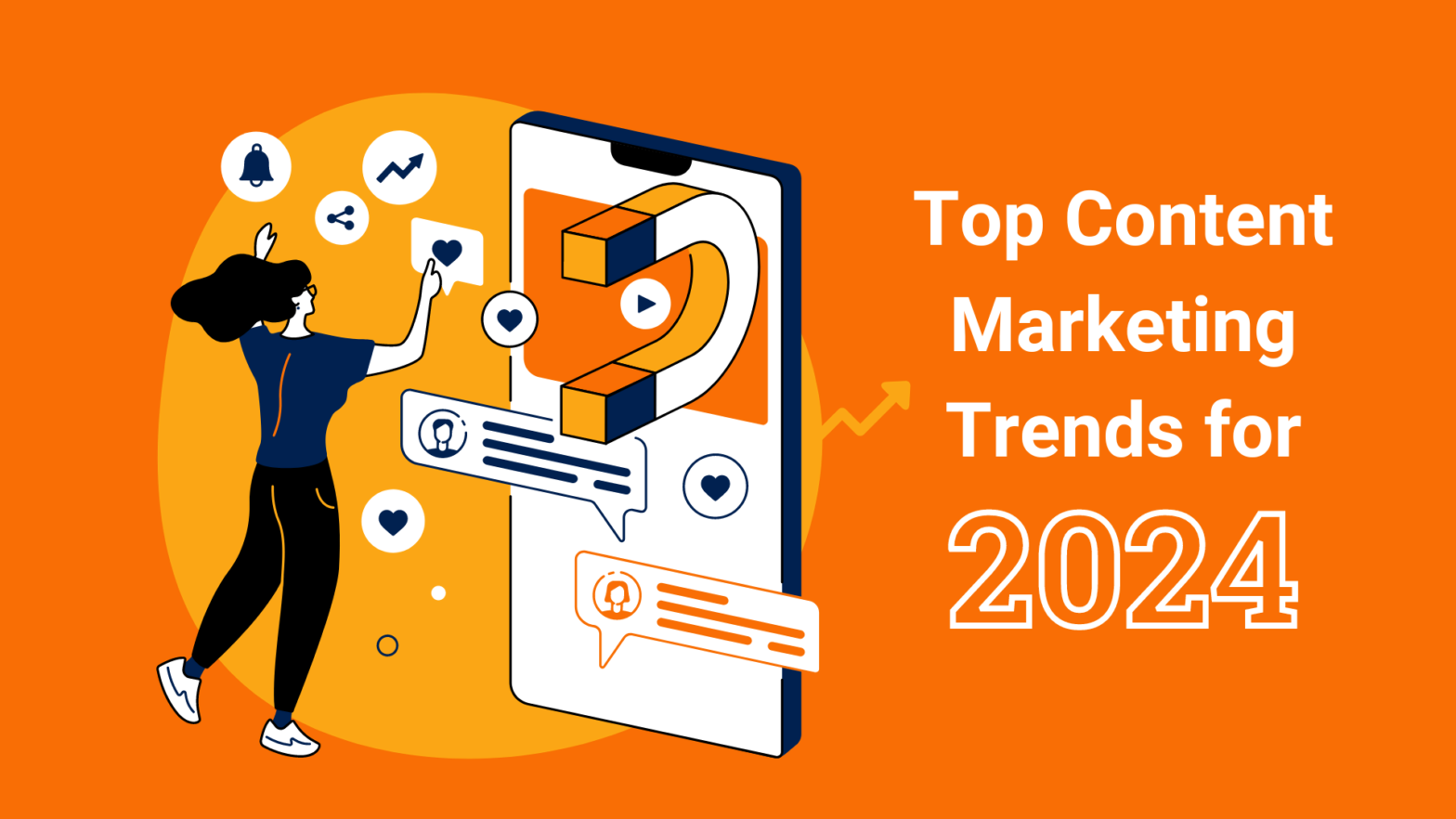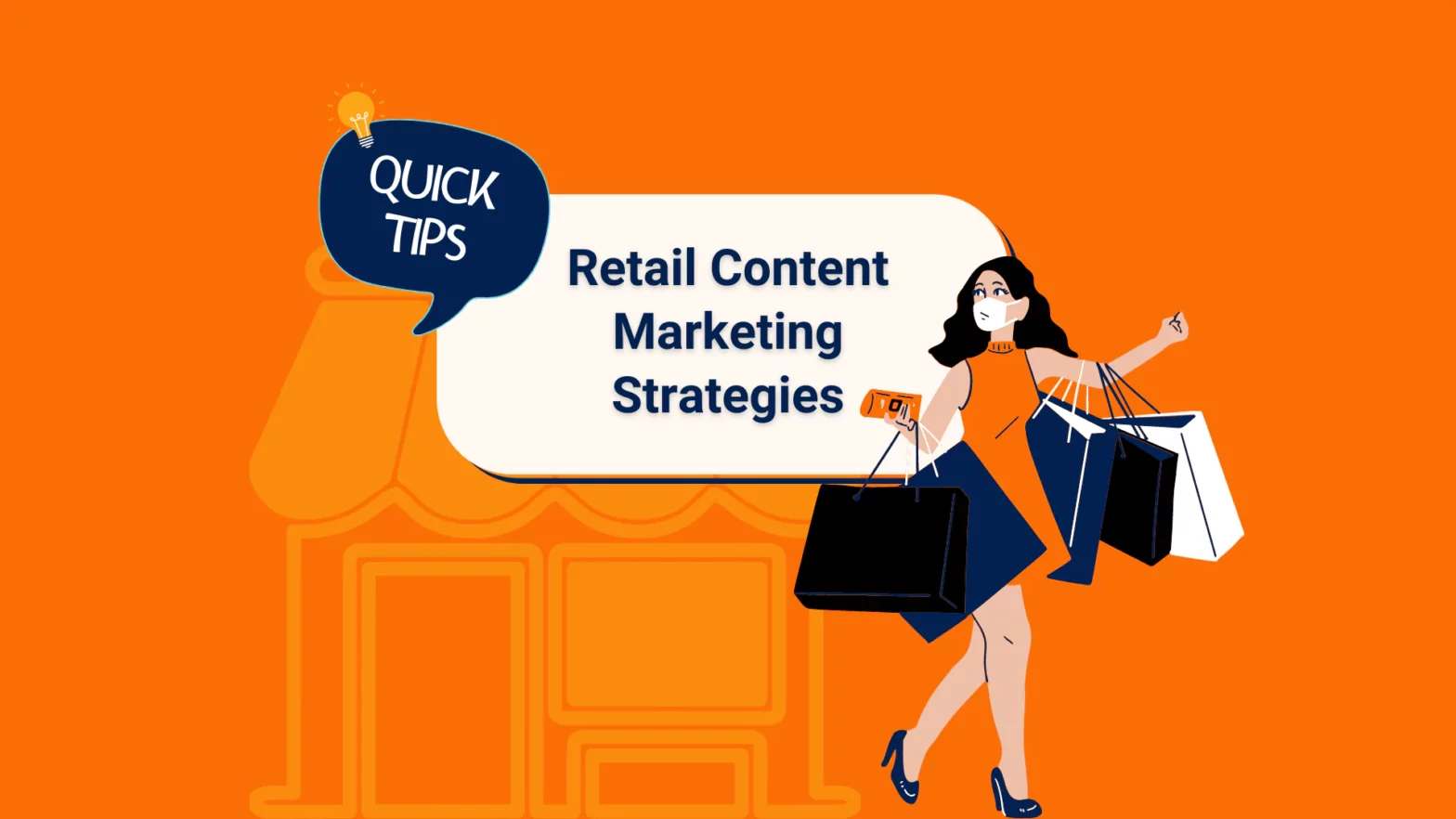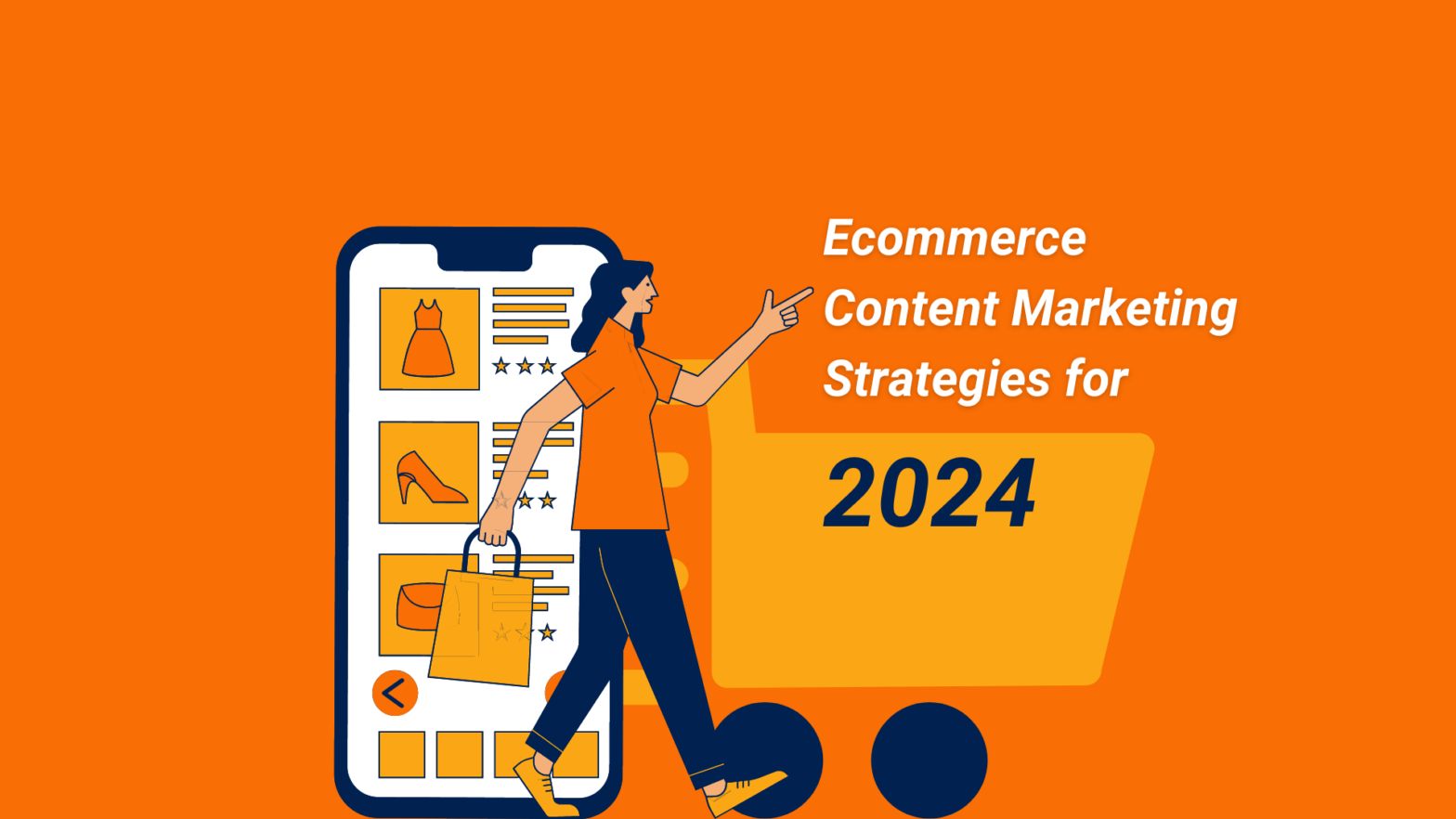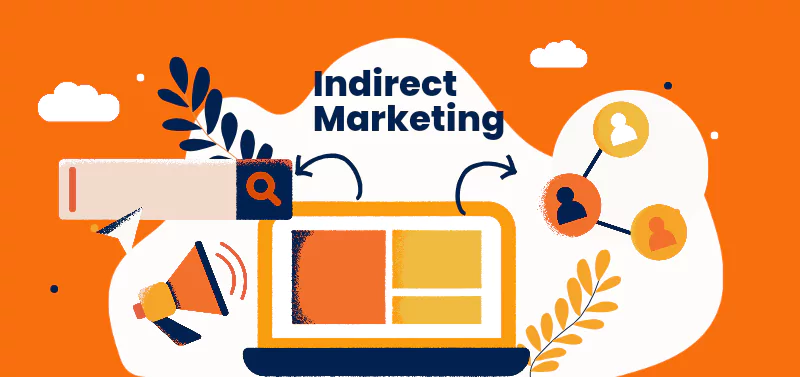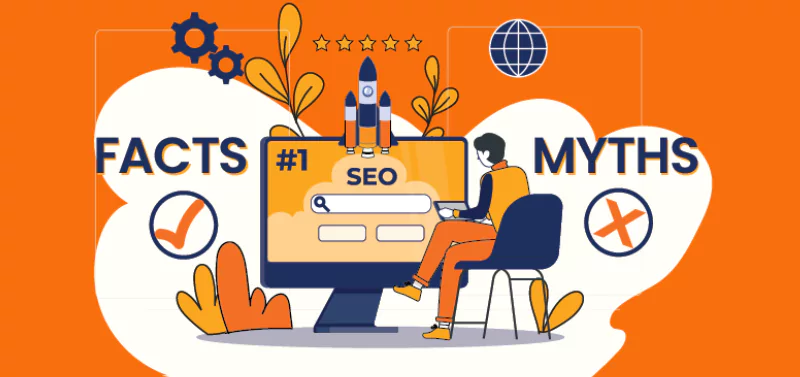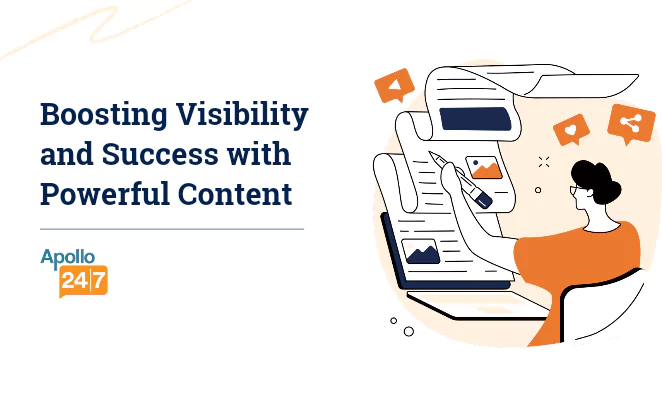Need Help Building B2C Content Marketing Strategy? This is It!
Author: Team WH
Published On: 26-09-23
Last Updated on: 23-11-23
Estimated reading time: 6 minutes
Content marketing has gained tremendous traction in recent years; it is an approach that all marketers use to generate and convert potential leads. The need for a fierce B2C content marketing strategy in today’s content led world, is the key to a brand’s success.
Planned content marketing not only helps you reach the right audience with personalised content but is also less expensive than traditional marketing. In this blog, we will walk you through all the information you need to create a robust B2C content marketing strategy.
What is B2C Content Marketing Strategy?
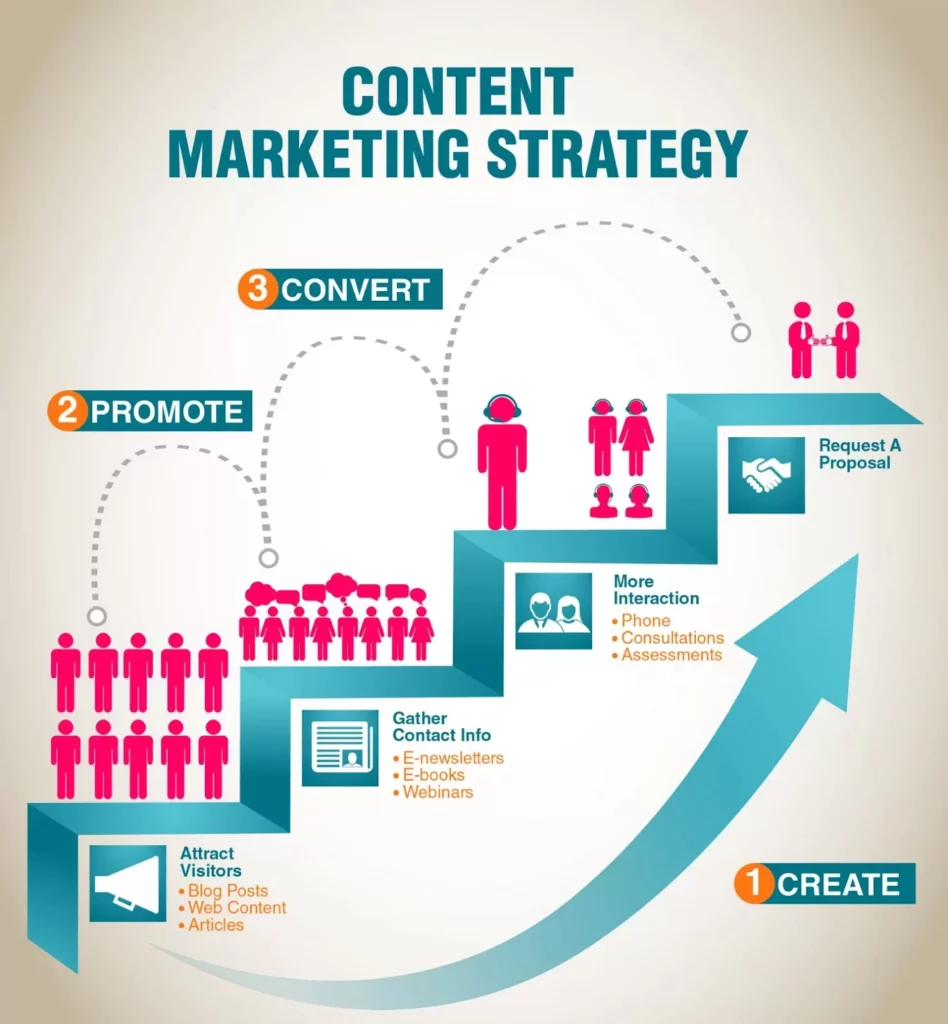
B2C simply means business-to-consumer; here, in the transactional process of selling, the consumer is the end user. B2C marketing involves more intuitive marketing strategies that relate to the target audience’s pain points.
The primary goals of B2C marketing are:
- Increasing brand visibility
- Driving sales
- Increasing leads
- Converting leads into potential consumers
- Increasing brand engagement
What are the Benefits of B2C Content Marketing Strategy?
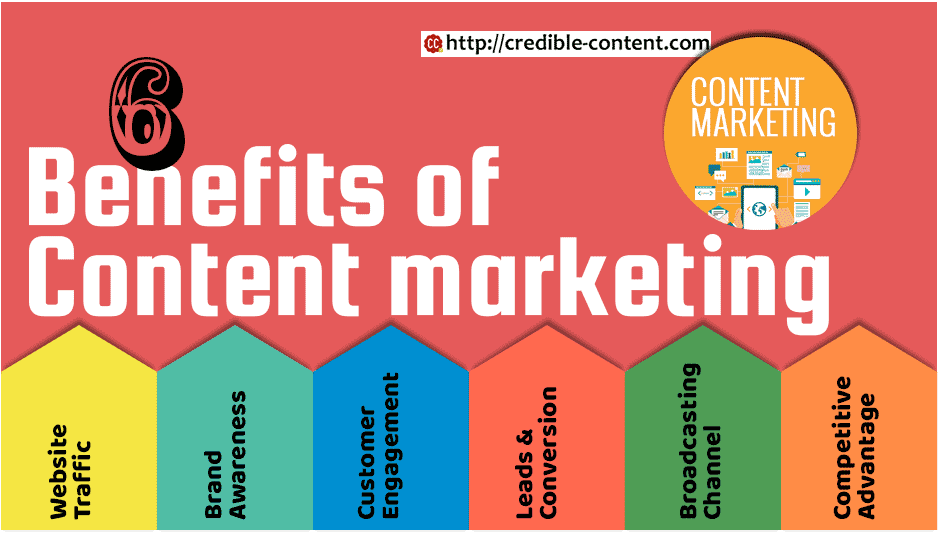
Well, you might ask the question, why do you need a B2C content strategy? Let us answer the question by addressing the benefits of B2C content marketing:
Increased Brand Awareness
Content marketing gives companies the chance to highlight their knowledge, principles, and differentiators. Businesses may improve brand exposure and awareness among their target audience and make themselves more identifiable and memorable by continuously offering meaningful and interesting content.
Boosts Organic Traffic
Enhanced organic website traffic can result from high-quality, search-engine-optimised content that raises its organic search ranks. Customers are more likely to check out additional products and services on a company’s website when they come across valuable content.
Supports User’s Decision Making
As the consumption of short-form content increases, it contributes to a quicker decision-making process among consumers. When you provide informative and engaging content B2C content marketing will help facilitate the decision-making process.
Greater Customer Engagement
Content marketing promotes two-way contact with customers by enticing engagement through comments, shares, and conversation. Deeper relationships and increased brand loyalty are facilitated by engaging content that fosters a sense of community around the brand.
Generating and Nurturing Leads
Content marketing is a potent strategy for generating leads. Businesses can leverage this technique by providing resources like eBooks, manuals or webinars. Additionally, by nurturing leads along the sales funnel with relevant content, conversion rates can be raised.
Better Customer Education
Using content marketing, businesses can inform their clients about their goods or services, often in a creative manner. As a result, there are fewer questions and ambiguities for the consumer, which increases the likelihood that they will buy.
Customer Retention
When brands provide their customers with the knowledge they require, and not just focus on promotion, they gain the audience’s attention through engagement. This strategy works wonders in the long-term and builds brand loyalty.
However, content should address their problems and give easy solutions instead of just trying to sell products.
Remember, content marketing is a long game; it is not a shortcut to suddenly increasing ROI. To leverage the benefits of this technique over-time, you need to build a B2C marketing strategy framework.
How to Create a B2C Content Strategy?

The competition to be the best in the market is cut-throat, no matter which sector. If you do not have an ironclad content strategy already in your pocket, it is time to build one. Below, we will discuss how to create a robust B2C content marketing strategy:
Establish goals: Set quantifiable goals and objectives for your marketing initiatives. To make your marketing efforts directly align with your brand values, you must create a checklist.
Research your target audience: According to Hubspot, at least 47% of companies research their audience first. Thorough customer research ensures studying consumer behaviour, developing buyer personas, and more. Your ability to pinpoint the target audience’s problems will come from targeted research.
Diversify your content formats: Look at other content types like podcasts, blog articles, videos, infographics, and social media postings. By utilising a variety of content types, you may connect with various target audience subgroups and keep your content strategy current and novel.
Don’t take SEO lightly: Conduct keyword research to find pertinent themes and SEO-proof your material. To increase organic visibility, strategically place pertinent keywords in titles, meta descriptions, and other parts of the article.
Create engaging and relevant content: No customer will engage with a brand that produces dull content. The top priority for B2C content marketers should be creating interesting content that resonates with their audience. B2C content marketing is all about building lasting relationships, and the best way to do that is by sharing interactive content.
Use social media: Find the social media sites where your target audience spends the most time and build your presence on the same platforms. Engage with your audience, reply to comments, and promote sharing to expand the audience for your material. According to a study, 46% of social media marketers will harness the power of relatable content marketing in 2023.
Emphasise mobile optimisation: Since a sizable amount of online content consumption occurs on mobile devices, make sure that your material is mobile-friendly and provides a consistent user experience across different screen sizes.
Track Performance and Analytics: Analytical tools can be used to monitor the success of your content marketing initiatives. Use data like website traffic, engagement, conversion rates, and social media insights to analyse analytics and find areas that may be improved.
What are Some B2C Content Marketing Examples?
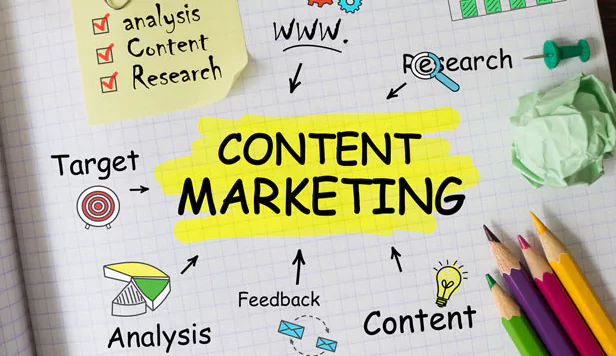
Let us look at some of the B2C content marketing examples of some popular brands:
Spotify
Spotify’s ‘Wrapped’ spearheaded personalised content marketing to a whole other level. It captured numerous audiences to try out their product as they highlighted the user’s personality by picking out the genres they liked and songs they listened to in a year.
Canva
Canva opened a design school to teach its users how to use their templates and make better designs. This way, they could dive into promoting all their features and engaging their users.
Colgate
Colgate made a resource page with helpful links around various topics so people could resolve their doubts. They covered topics related to their products and created a one-stop destination for everything related to oral health.
Final Thoughts
B2C content marketing strategy is the backbone of a brand’s success when planned properly.
Creating only one type of content will not give you results in the long run. Diversify your marketing strategy by keeping it a mix and match of short-form and long-form content and find out what works best for your brand.
Keeping in mind the previously mentioned tips, you can now create the best B2C marketing campaigns that will break through the clutter and grab attention.
If you’re looking for top content experts to create high-quality content for your B2C brand, WrittenlyHub has the best team of content marketers and writers to help you out!
People Also Ask
1. What are some key features of B2C marketing?
Some prominent features of B2C marketing are:
- It has a short sales cycle
- Includes emotional influencing
- Works with the customer as the end-user
- Heavily focuses on social media marketing
2. What are the three types of B2C business models?
Three types of B2C business models are:
- Direct sellers
- Based on community
- Based on Advertising
3. What are the key steps in a marketing cycle?
The key steps in a marketing cycle are:
- Discovery of target audience
- Putting a strategy in place
- Implementing the strategy
- Measuring analytics



